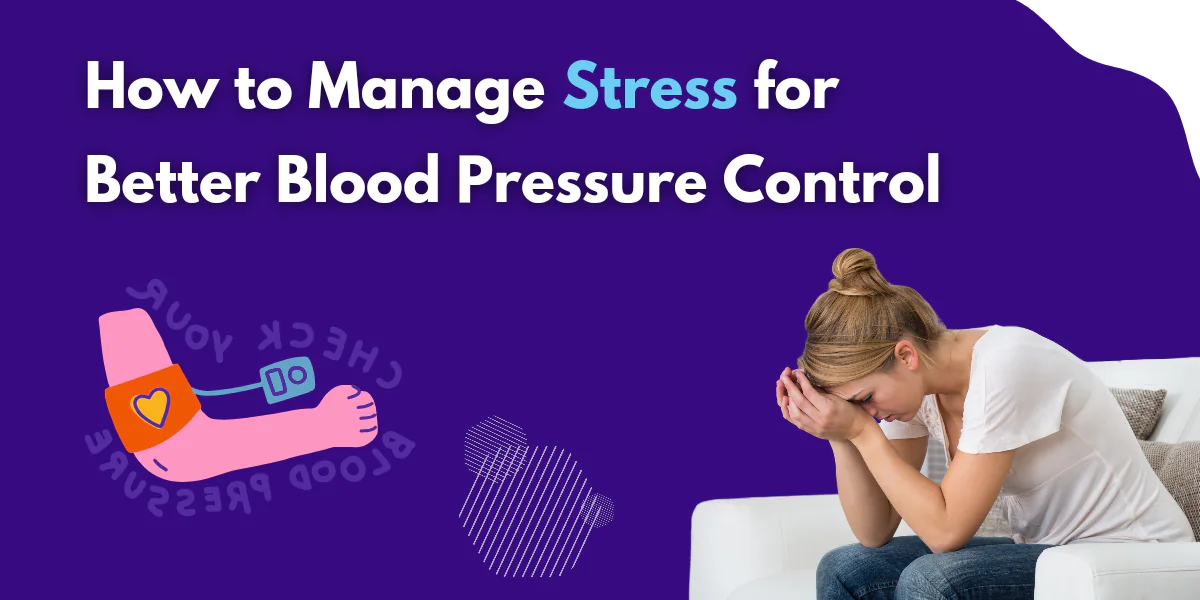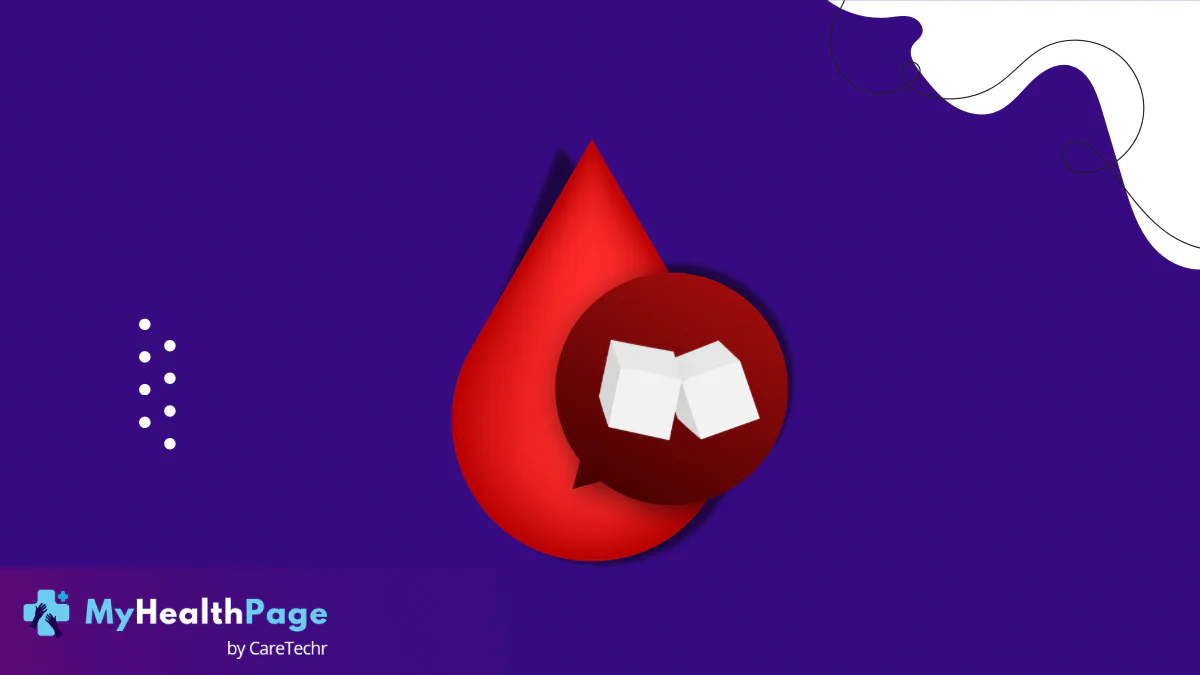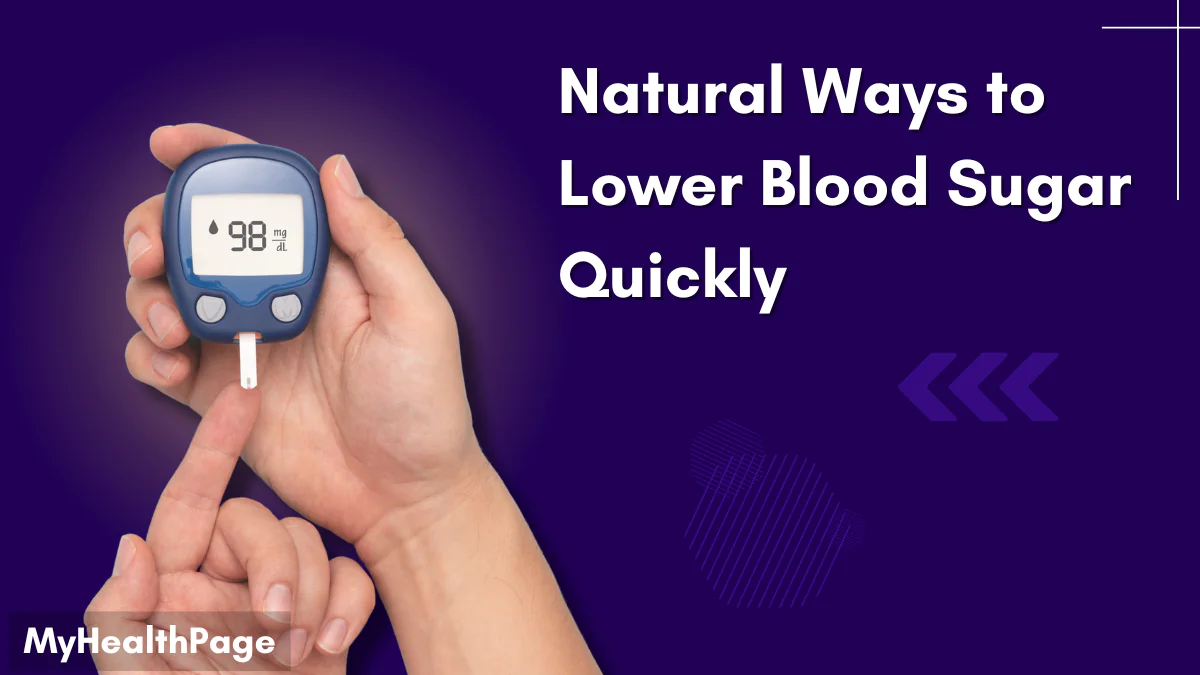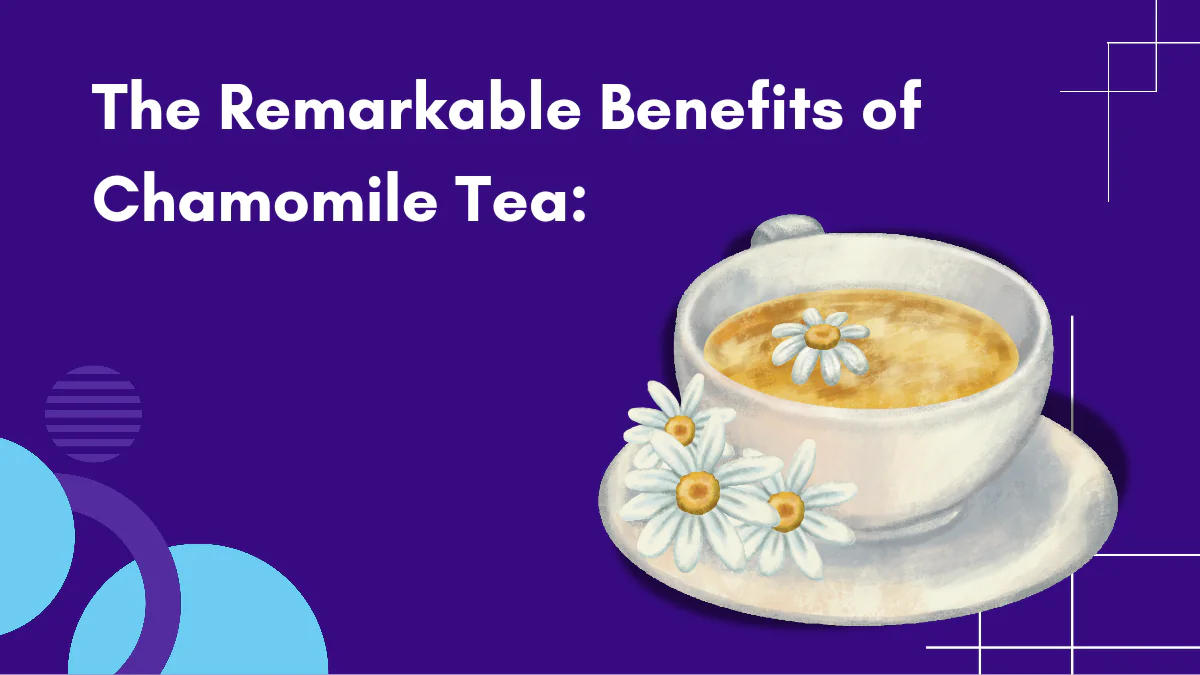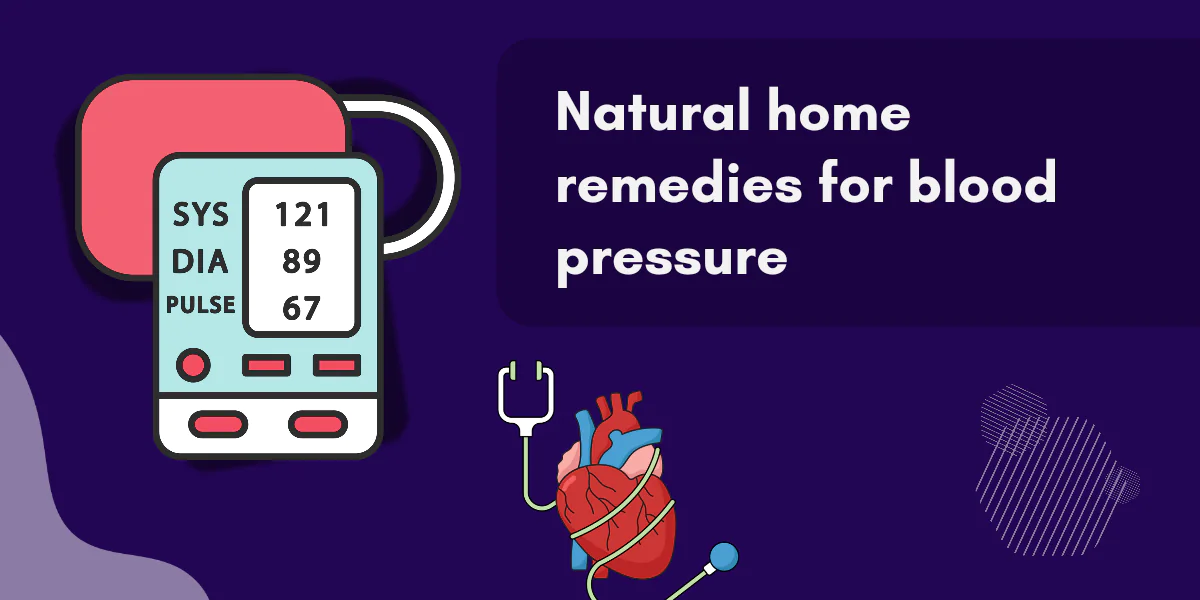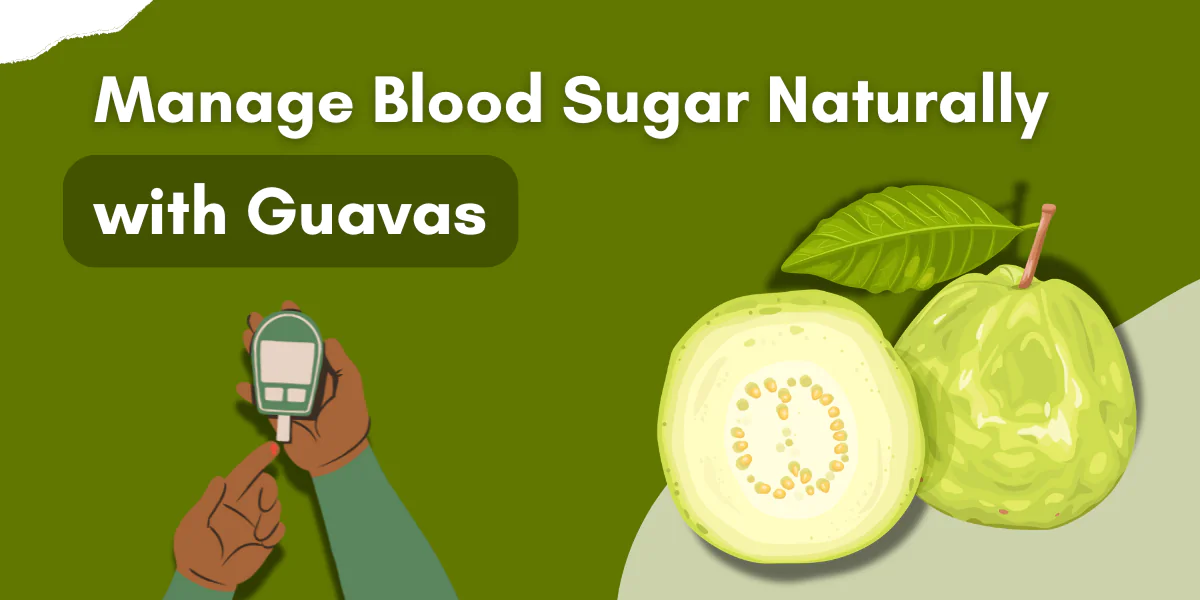Stress and blood pressure are intricately connected, and managing stress is essential for maintaining heart health. Chronic stress can trigger spikes in blood pressure, strain your cardiovascular system, and increase the risk of hypertension. Understanding and controlling stress through proven techniques can help reduce these risks, improve overall well-being, and enhance your quality of life.
What is Stress and How Does It Affect Blood Pressure?
Stress is the body’s natural response to challenges or threats. It triggers the release of hormones like adrenaline and cortisol, which temporarily increase heart rate and blood pressure. While this response is useful in short bursts, chronic stress keeps the body in a heightened state, leading to sustained high blood pressure. Over time, this can damage blood vessels, increase the risk of heart disease, and compromise mental health.
Why Managing Stress is Key to Blood Pressure Control
Unmanaged stress causes behavioral changes that can worsen blood pressure, such as overeating, lack of exercise, or substance abuse. By managing stress effectively, you can stabilize your blood pressure, protect your heart, and create a foundation for better overall health.
How to Manage Stress for Better Blood Pressure Control
1. Practice Deep Breathing
Deep breathing exercises are one of the quickest ways to calm your mind and body. Controlled breathing slows your heart rate and lowers cortisol levels. Try this simple technique: inhale deeply through your nose for 4 seconds, hold your breath for 7 seconds, and exhale slowly through your mouth for 8 seconds.
2. Embrace Mindfulness and Meditation
Mindfulness helps you focus on the present moment, reducing the impact of stress. Practices like meditation and yoga lower blood pressure by promoting relaxation and improving mental clarity. Dedicate 10–15 minutes daily to mindfulness exercises for optimal results.
3. Engage in Regular Exercise
Physical activity is a natural stress reliever that reduces tension and improves cardiovascular health. Aerobic exercises like walking, jogging, or swimming can lower both stress and blood pressure. Aim for at least 30 minutes of moderate activity five days a week.
4. Prioritize Sleep
Poor sleep exacerbates stress and negatively impacts blood pressure. Create a relaxing bedtime routine, avoid screens before bed, and maintain a consistent sleep schedule to ensure you get 7–9 hours of restful sleep each night.
5. Build a Support System
Connecting with friends and family can significantly reduce stress. Sharing your feelings and spending time with loved ones promotes emotional balance and provides much-needed perspective. Joining a support group can also be beneficial.
6. Limit Stimulants
Excessive caffeine and nicotine can increase anxiety and elevate blood pressure. Monitor your intake of coffee, energy drinks, and cigarettes, replacing them with calming alternatives like herbal teas or decaffeinated options.
7. Manage Your Time Effectively
Time mismanagement leads to stress and burnout. Use tools like planners or digital apps to organize tasks, prioritize responsibilities, and set realistic goals. Avoid overcommitting and delegate when possible to reduce stress.
8. Try Aromatherapy
Essential oils like lavender, chamomile, and ylang-ylang have calming effects. Use a diffuser, add a few drops to a warm bath, or massage them into your skin for instant relaxation.
9. Laugh Often
Laughter lowers cortisol and boosts endorphins, the body’s feel-good hormones. Watch a comedy, spend time with friends who make you laugh, or indulge in hobbies that bring you joy.
10. Limit Exposure to Stressors
Identify and minimize stress triggers in your life. This might include reducing negative interactions, setting boundaries, or limiting exposure to news and social media. Creating a peaceful environment can make a significant difference.

The Connection Between Relaxation Techniques and Blood Pressure
Relaxation techniques reduce the body’s stress response and improve heart function. Activities like progressive muscle relaxation, tai chi, or guided imagery relax the mind, lower heart rate, and stabilize blood pressure. Regular practice amplifies these benefits over time.
Foods That Help Reduce Stress and Blood Pressure
1. Dark Chocolate
Rich in flavonoids, dark chocolate reduces stress hormones and improves blood flow. Choose varieties with at least 70% cocoa for the best benefits.
2. Leafy Greens
Spinach, kale, and other greens are packed with magnesium, which helps regulate stress and blood pressure.
3. Fatty Fish
Omega-3 fatty acids in salmon and mackerel reduce inflammation and stress hormones.
4. Nuts and Seeds
Almonds, walnuts, and flaxseeds provide healthy fats and magnesium, which combat stress effectively.
5. Herbal Teas
Chamomile, peppermint, and green tea have soothing properties that reduce tension and lower blood pressure.
FAQs
How does stress directly impact blood pressure?
- Stress triggers hormone releases that temporarily spike blood pressure, and chronic stress sustains these levels, causing long-term damage.
Can managing stress completely cure high blood pressure?
- While stress management significantly reduces blood pressure, it may not cure hypertension caused by genetic or medical factors.
Are relaxation techniques alone sufficient for blood pressure control?
- Relaxation techniques are most effective when combined with a healthy diet, exercise, and, if necessary, medication.
What is the role of mindfulness in managing stress?
- Mindfulness promotes emotional regulation and reduces physical responses to stress, which can stabilize blood pressure.
Does physical activity help reduce stress-related blood pressure spikes?
- Yes, regular exercise lowers stress hormones and improves heart health, making it a powerful tool against hypertension.
How can I incorporate stress management into my daily routine?
- Start small with practices like deep breathing, short walks, or a few minutes of meditation, and gradually increase these habits.
Conclusion
Managing stress is a cornerstone of better blood pressure control and heart health. Incorporating techniques like deep breathing, mindfulness, and regular exercise into your daily life can significantly reduce stress levels and promote overall well-being. While these strategies are effective, always consult a healthcare professional for a comprehensive approach to managing hypertension.
Read Also: 10 Natural Home Remedies for Blood Pressure That Really Work
Medical Disclaimer: This article is for informational purposes only and is not a substitute for professional medical advice. Always consult with a healthcare provider for personalized recommendations.

